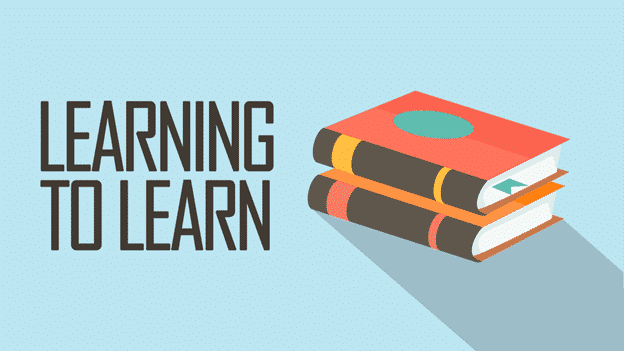|
Getting your Trinity Audio player ready...
|
Associations today are in consistent motion. Ventures are merging, new plans of action are arising, new advances are being created, and purchaser practices are developing. For chiefs, the consistently expanding speed of progress can be particularly requesting. It compels them to comprehend and rapidly react to enormous moves in the manner organizations work and how work should complete. In the expressions of Arie de Geus, a business scholar, “The capacity to learn quicker than your rivals might be the solitary maintainable upper hand.”
I’m not discussing loosened up rocker or even organized study hall learning. I’m looking at opposing the predisposition against doing new things, checking the skyline for development openings, and driving yourself to secure profoundly various abilities—while as yet playing out your work. That requires a readiness to test and turn into an amateur over and over: an incredibly discomforting thought for the vast majority of us.
Over many years of training and counseling to a huge number of heads in an assortment of businesses, in any case, my partners and I have run over individuals who prevail at this sort of learning. We’ve recognized four ascribes they possess a great deal of: yearning, mindfulness, interest, and weakness. They genuinely need to comprehend and dominate new abilities; they see themselves obviously; they continually consider and pose great inquiries; and they endure their own slip-ups as they climb the expectation to absorb information.
Obviously, these things come more normally to certain individuals than to other people. In any case, drawing on examination in brain research and the executives just as our work with customers, we have distinguished some genuinely straightforward mental instruments anybody can create to help each of the four ascribes—even those that are regularly viewed as fixed (goal, interest, and weakness).
Learning:
It’s not difficult to consider desire to be either there or not: You need to get familiar with another expertise or you don’t; you have aspiration and inspiration or you need them. Yet, extraordinary students can raise their goal level—and that is vital, on the grounds that everybody is liable of now and again opposing advancement that is basic to progress.
Consider the last time your organization received another methodology—redesignd a revealing framework, supplanted a CRM stage, patched up the store network. Is it safe to say that you were anxious to come? I question it. Your underlying reaction was likely to legitimize not learning. (It will take excessively long. The old way turns out only great for me. I wager it’s simply a tiny blip on the radar.) When defied with new learning, this is regularly our first road obstruction: We center around the negative and unwittingly fortify our absence of goal.
At the point when we would like to learn something, we center around the positive—what we’ll acquire from realizing it—and imagine an upbeat future wherein we’re receiving those benefits. That impels us right into it. Scientists have discovered that moving your concentration from difficulties to benefits is a decent method to expand your desire to do at first unappealing things. For instance, when Nicole Detling, a therapist at the University of Utah, energized trapeze artists and speed skaters to imagine themselves profiting by a specific ability, they were substantially more roused to rehearse it.
A couple of years back I instructed a CMO who was reluctant to find out about large information. Despite the fact that the majority of his companions were turning out to be changes over, he’d persuaded himself that he didn’t have the opportunity to get into it and that it wouldn’t be that essential to his industry. I at last understood that this was a goal issue and urged him to consider ways that finding a workable pace on information driven showcasing could help him actually. He recognized that it is helpful to find out about how different fragments of his client base were reacting to his group’s internet publicizing and in-store showcasing efforts. I at that point welcomed him to envision the circumstance he’d be in a year later in the event that he was getting that information. He began to show some fervor, saying, “We would test various methodologies all the while, both available and on the web; we’d have great, strong data about which ones were working and for whom; and we could save a ton of time and cash by casting off the less compelling methodologies quicker.” I could nearly feel his yearning rising. Inside a couple of months he’d employed an information investigation master, tried gaining from her consistently, and started to reconsider key missions considering his new point of view and abilities.

